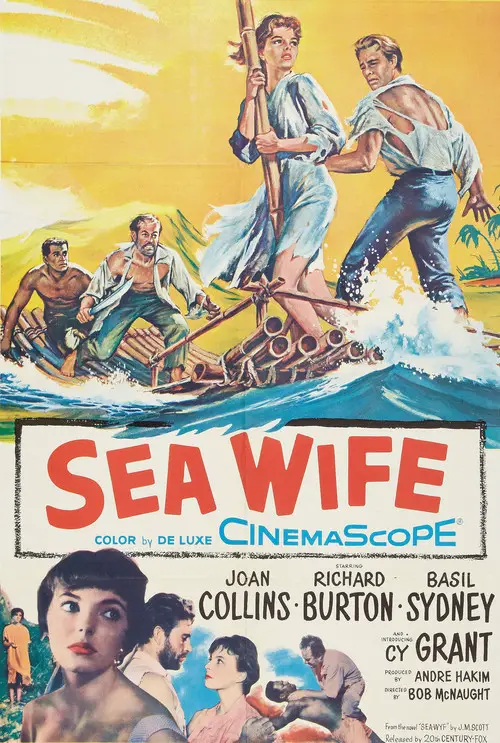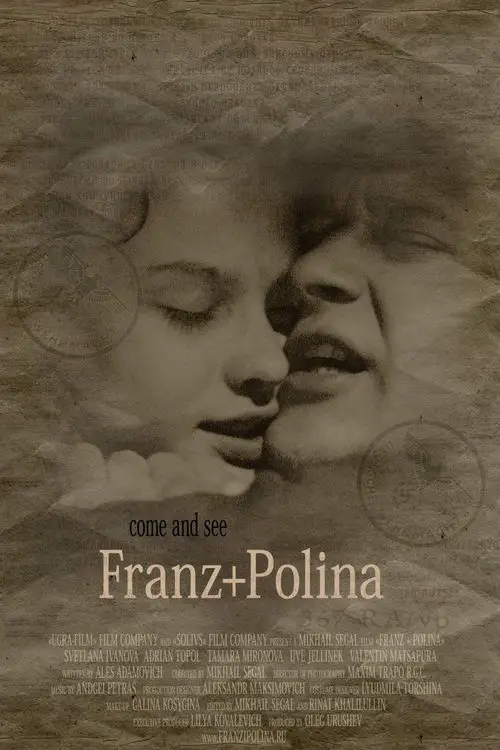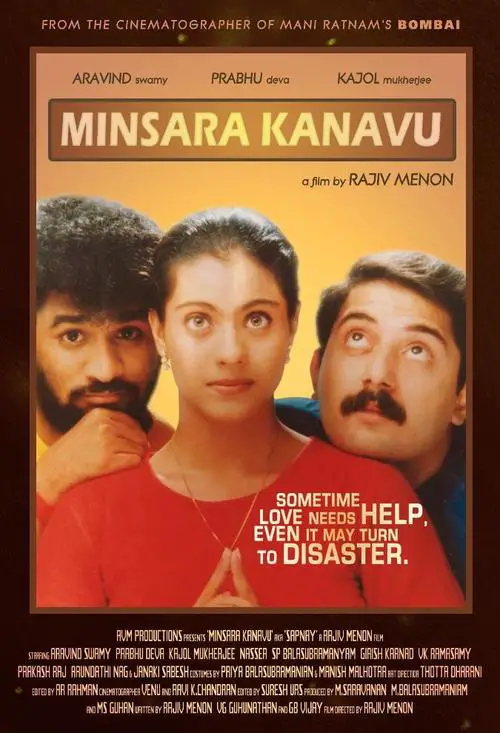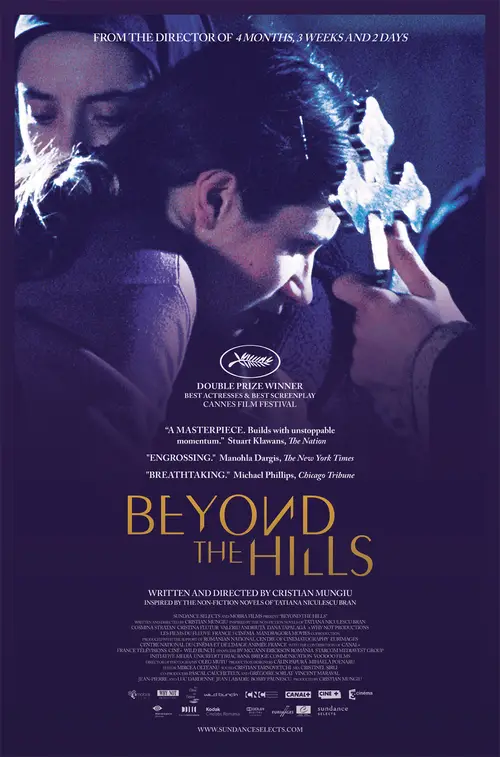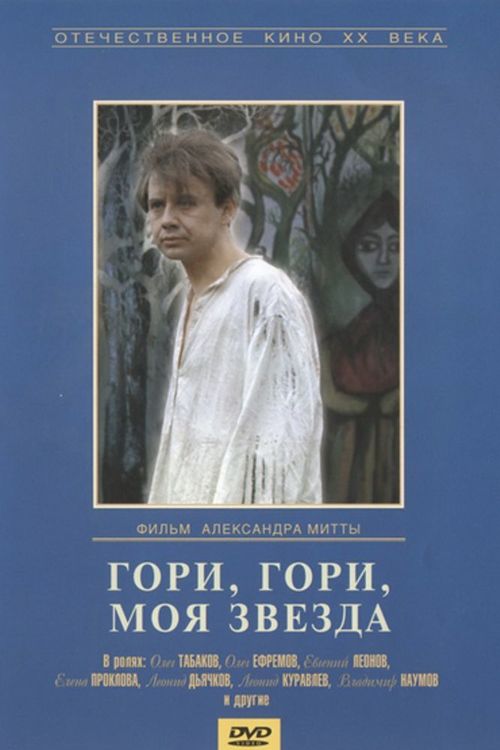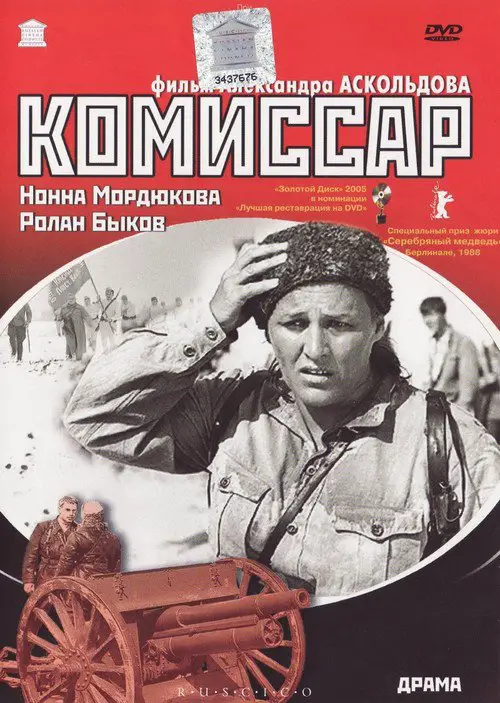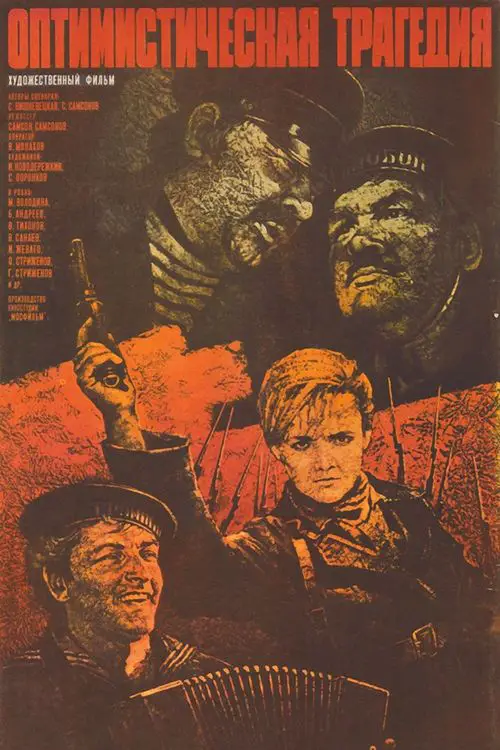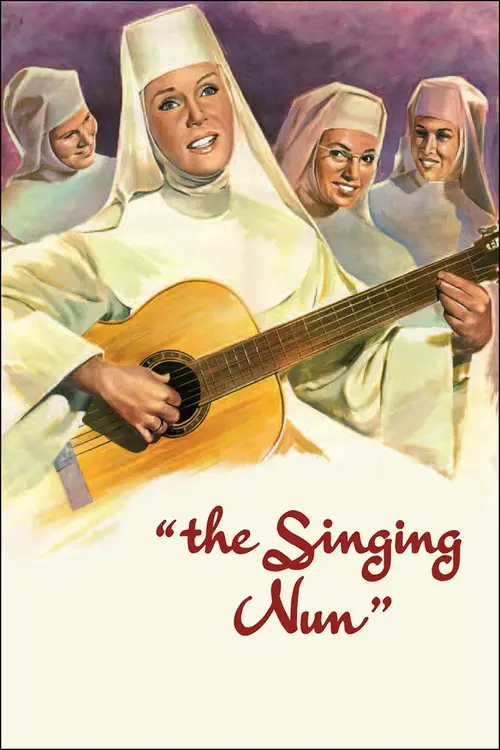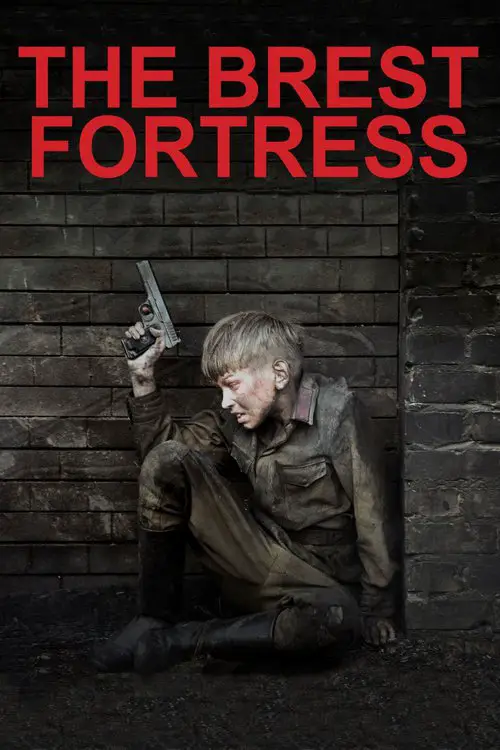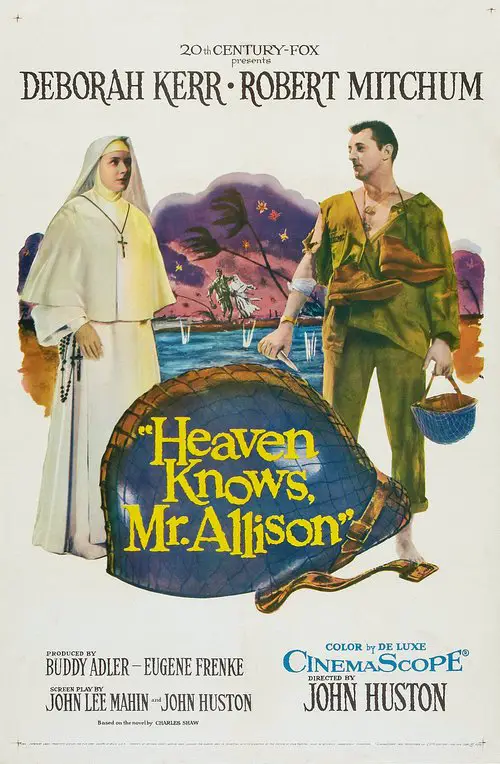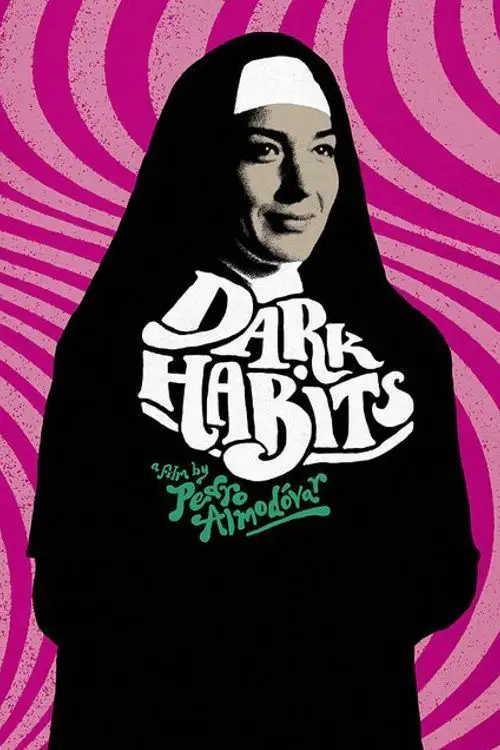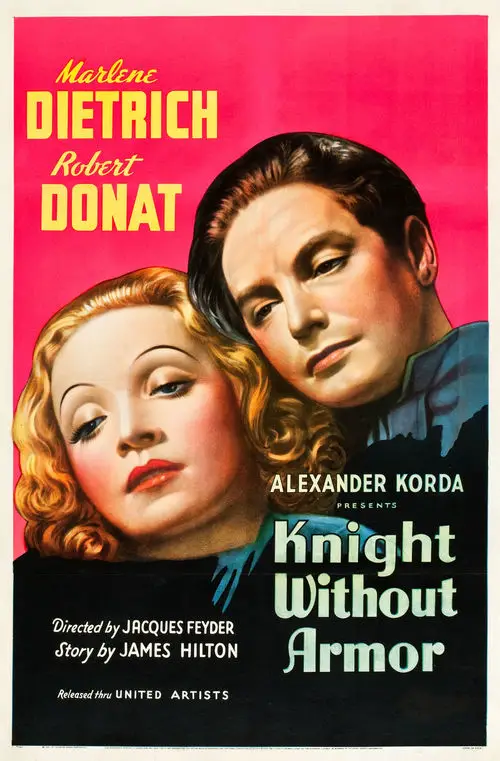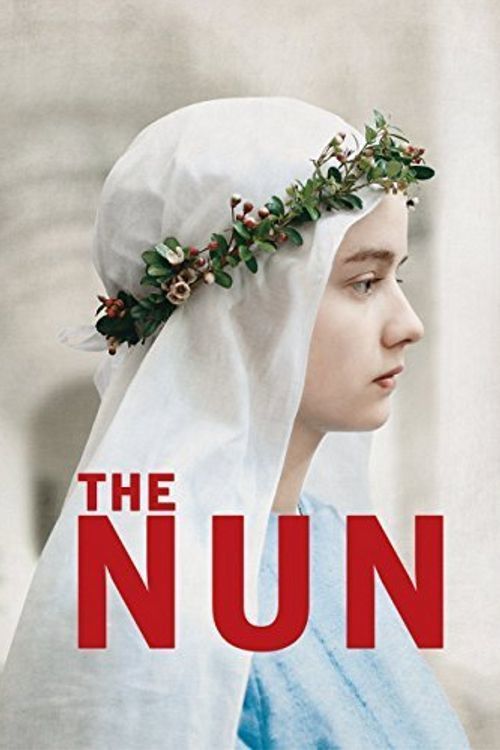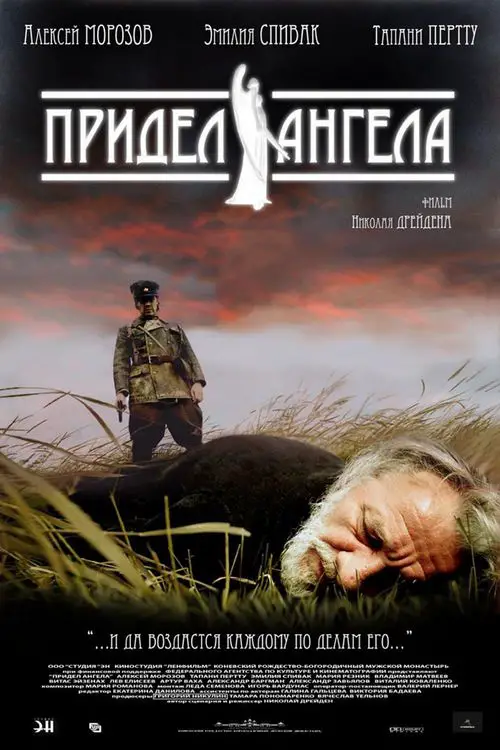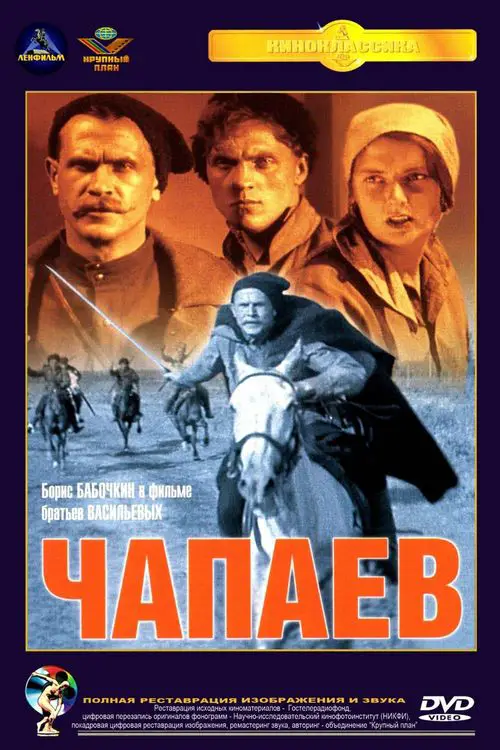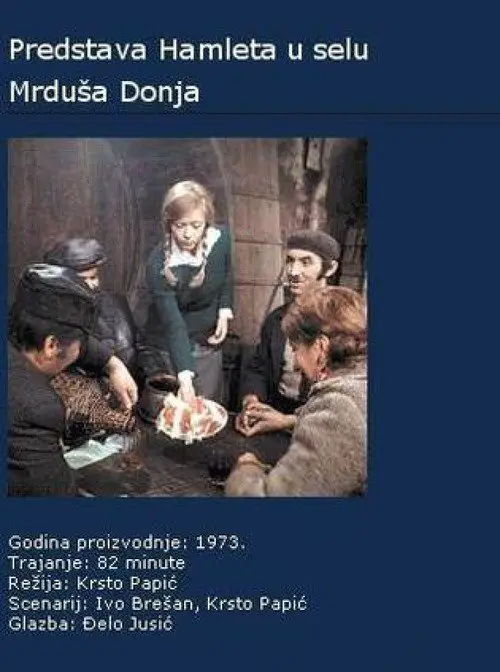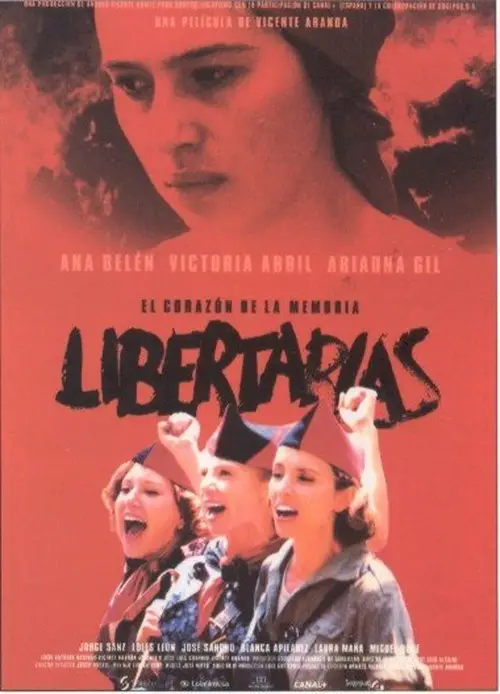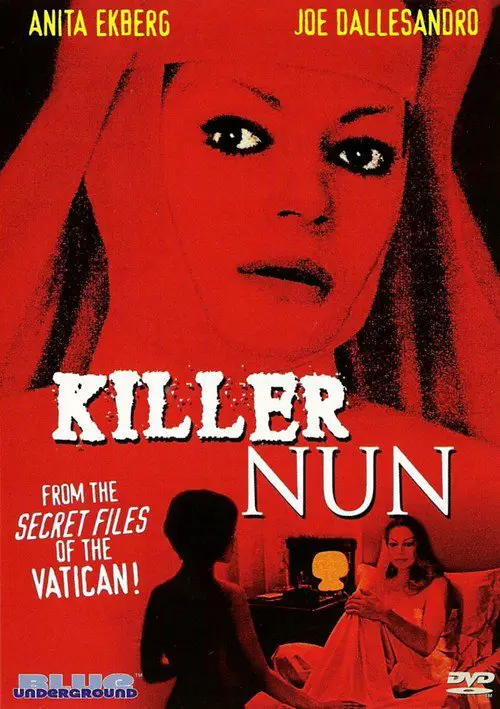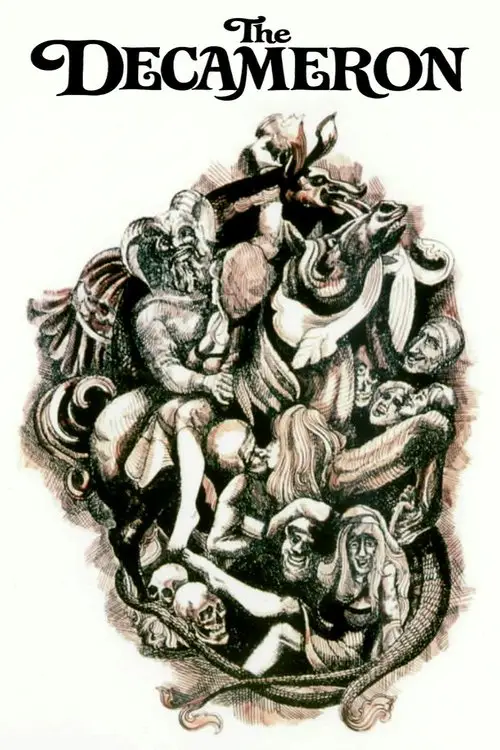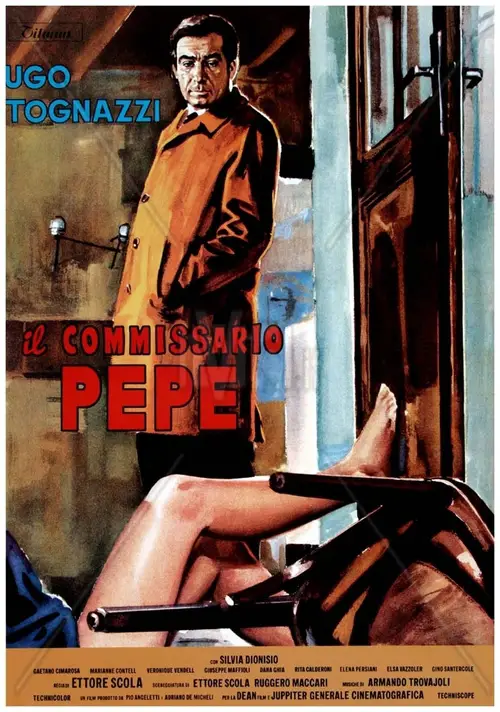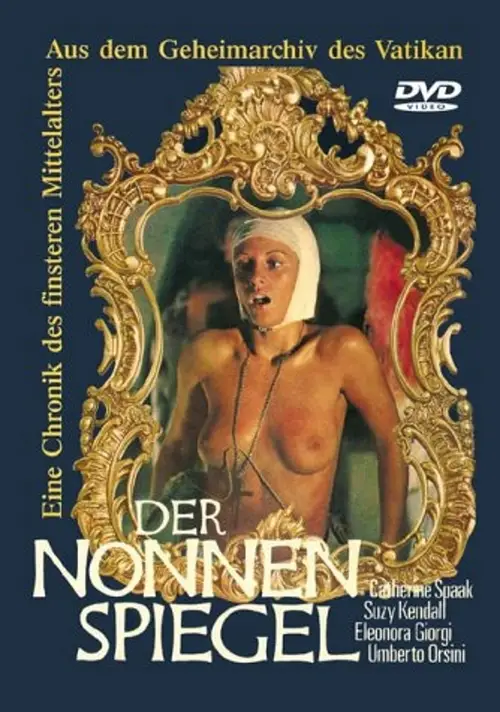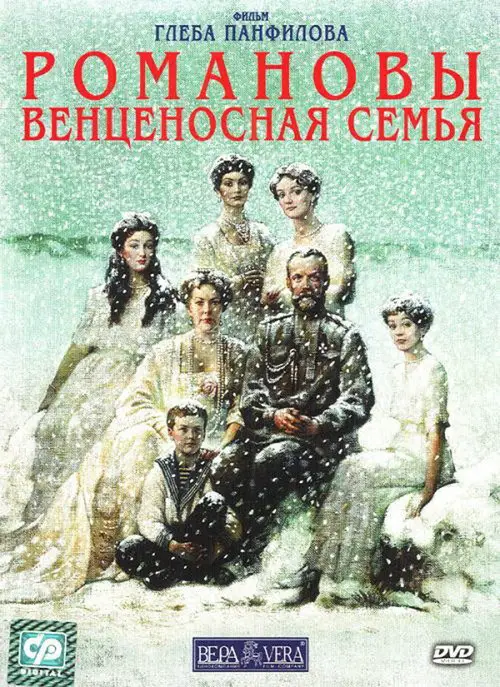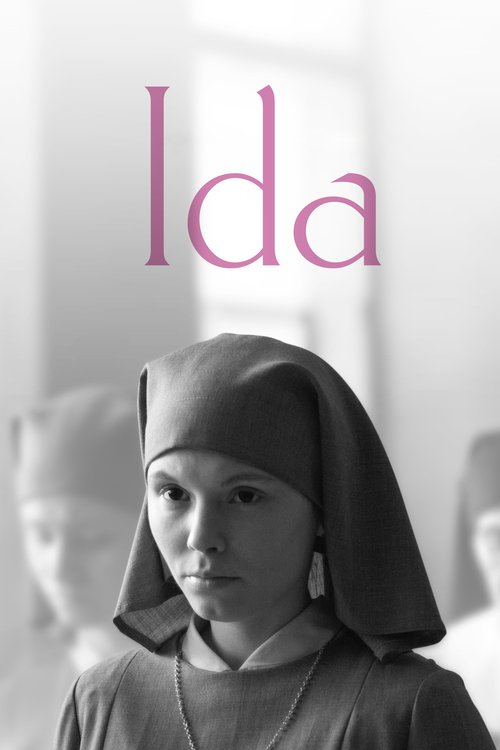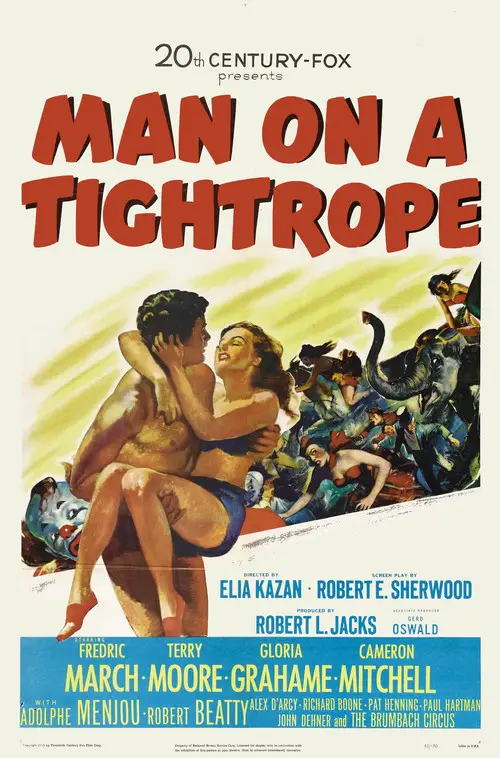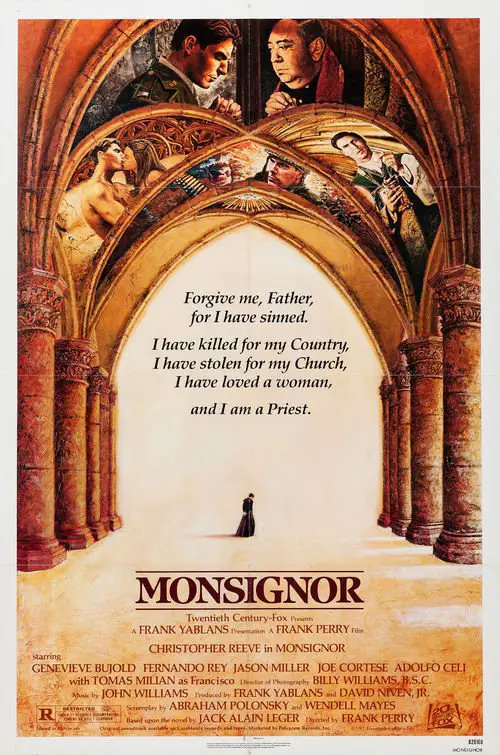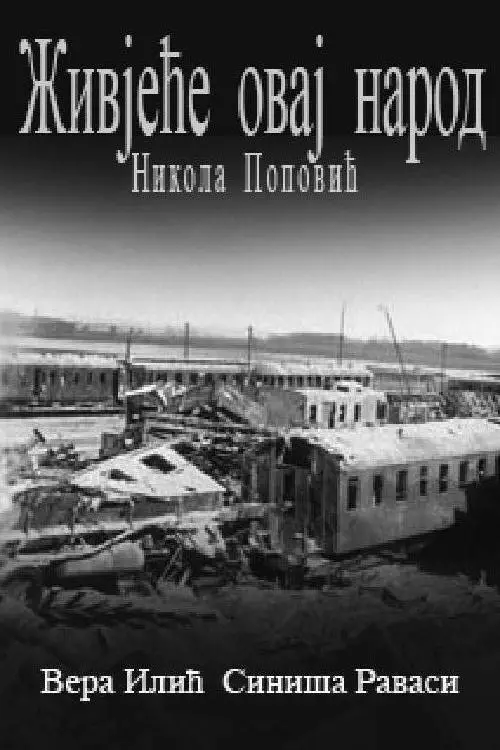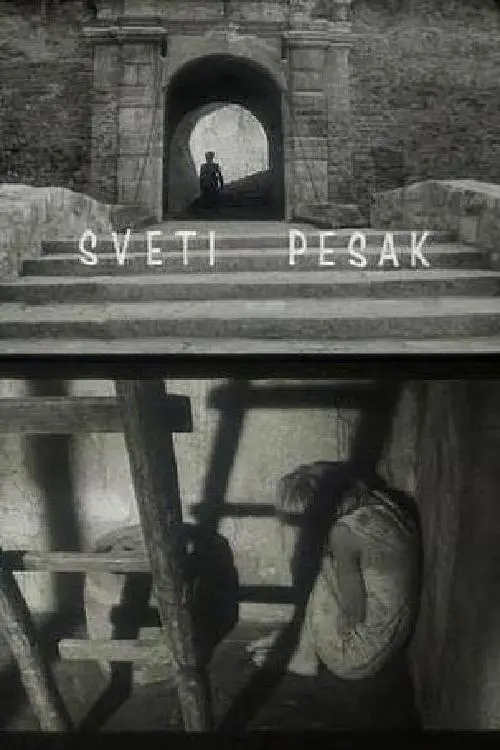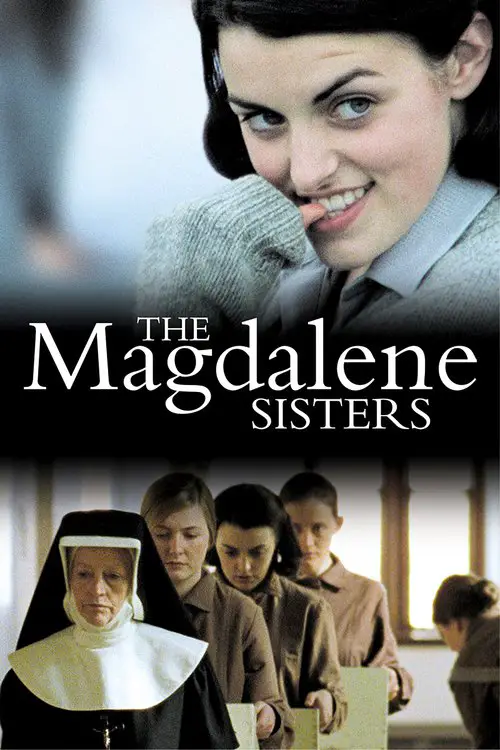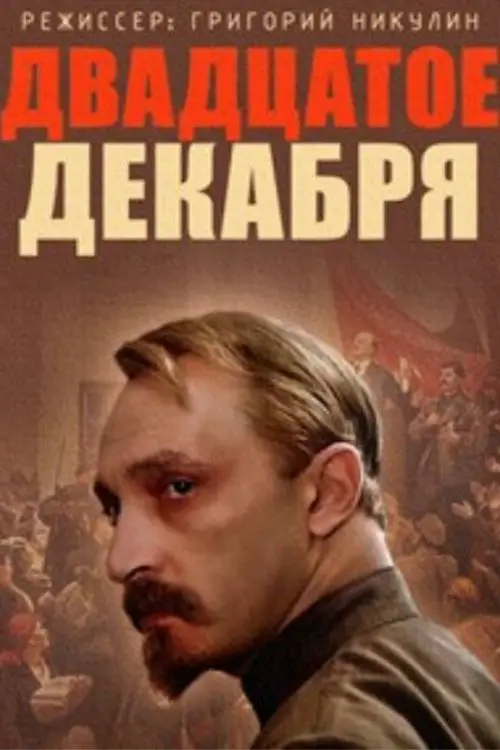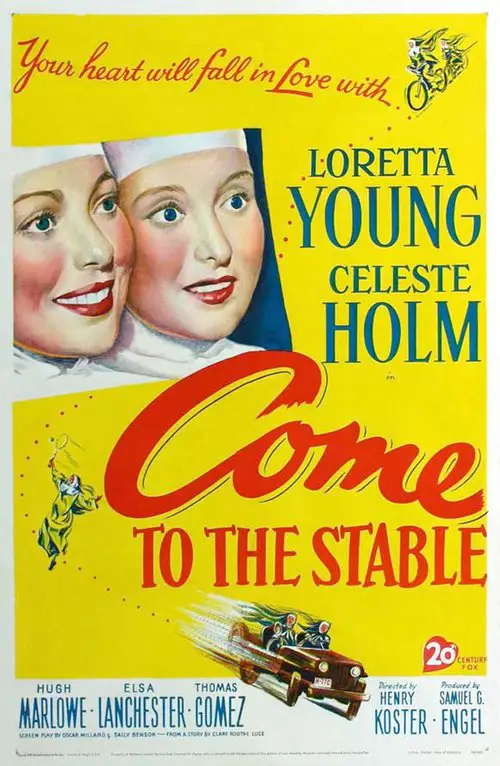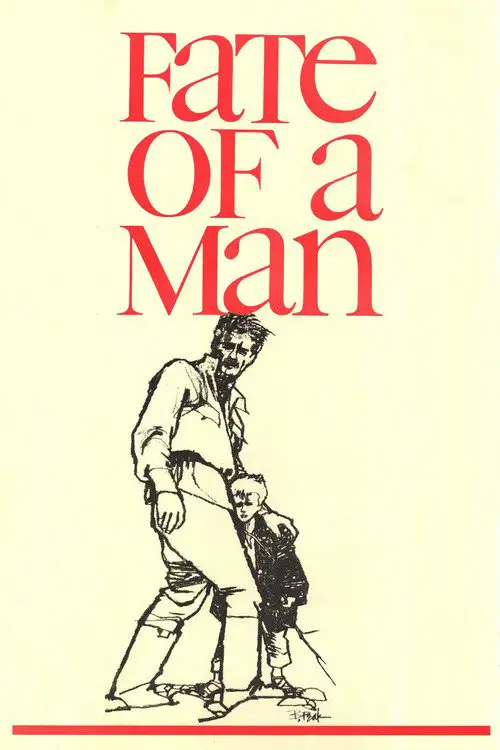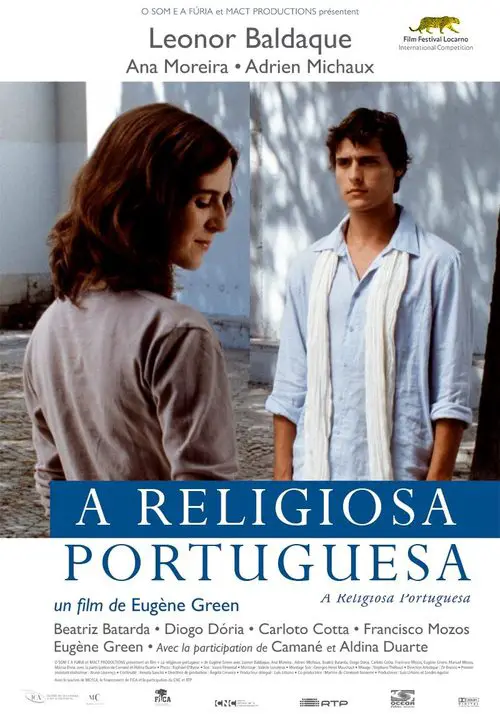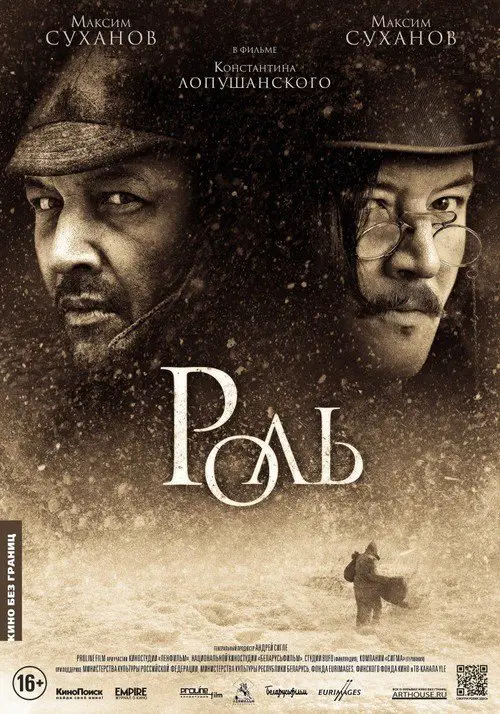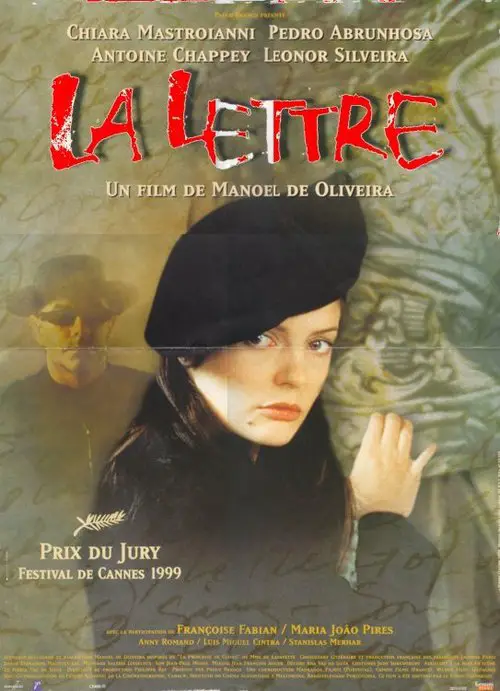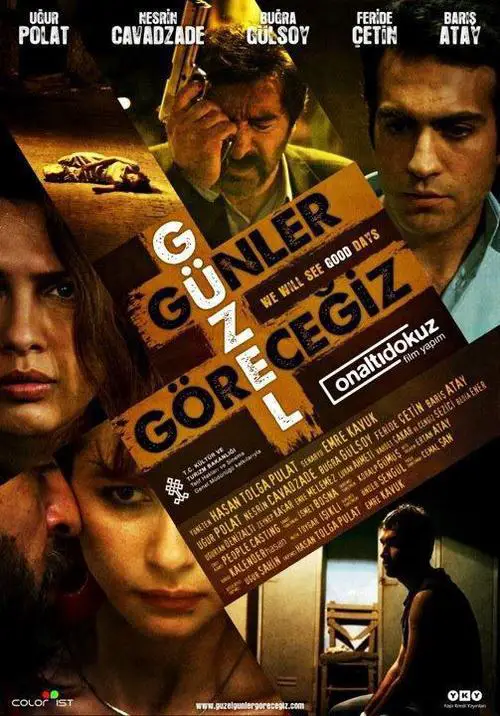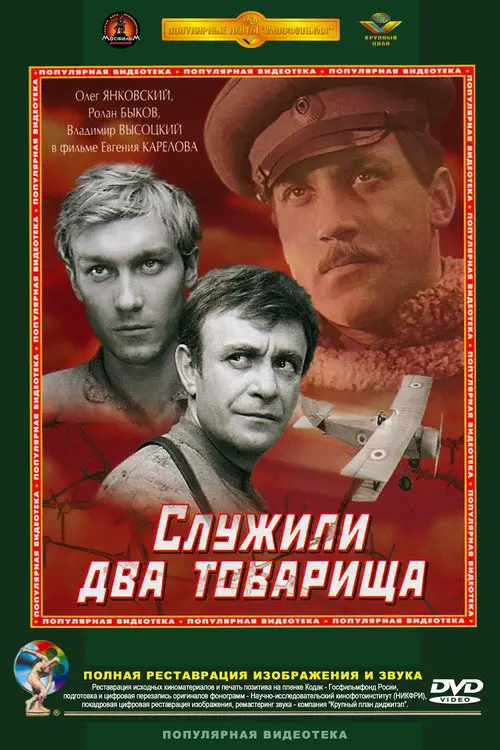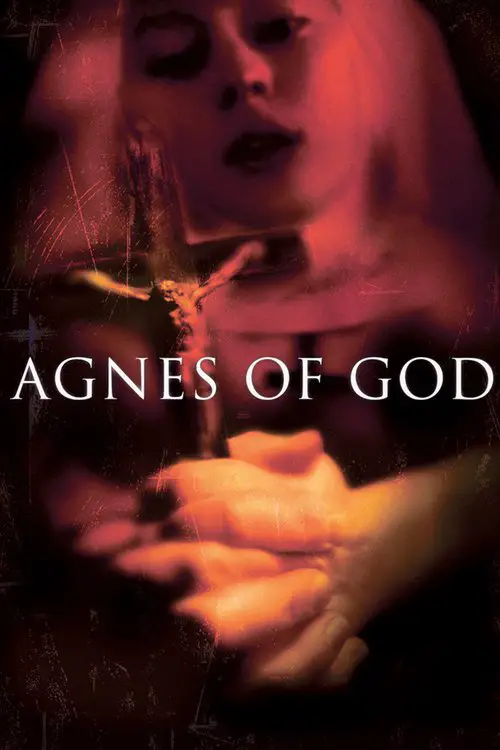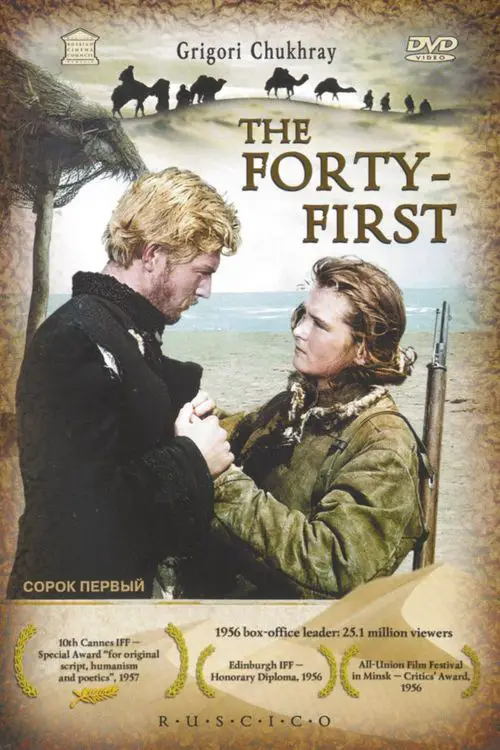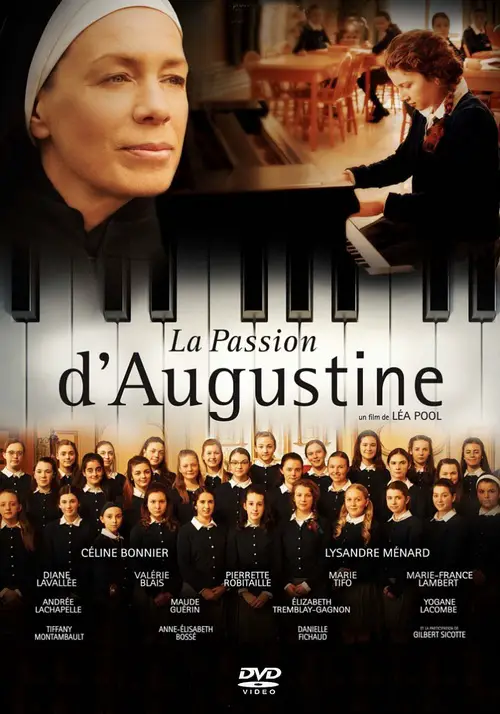A Nun and a Commissar (1968)
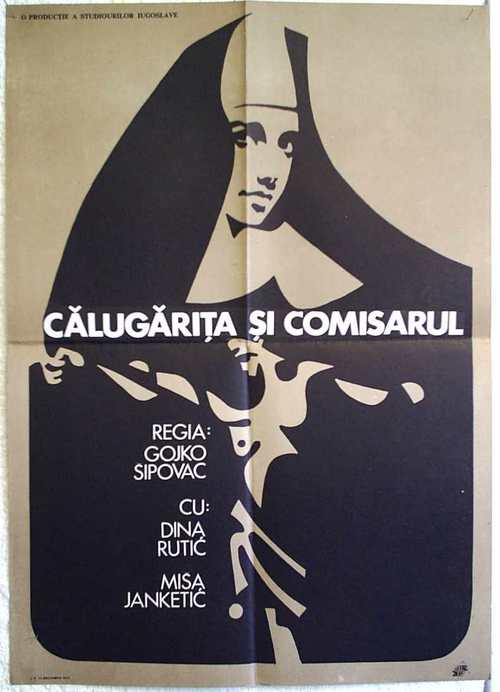
Similar movies
Five friends â a poet, an actor, a painter, an architect and a primitivist film director â are five red avant-garde artists who try to find the embodiment of their hopes and dreams in the young Soviet state. The Revolution is boiling up like a bottle with apple cider: winged service dogs and heart-shaped potatoes, dead Semashko, the Peopleâs Commissar for Health, and cheerful angels, love for the Tsar and love for the young secretary Annushka, executions and pregnancies â everything is interlaced and inseparable!
In 1942, a cargo ship jammed with British evacuees from Singapore is sunk by a Japanese sub. A small lifeboat carries a beautiful woman, an army officer, a bigoted administrator, and a black seaman. Only the seaman knows the woman is a nun. The men reveal their true selves under the hardships of survival. Told in a too-long flashback frame.
Priya has been brought up in a convent school and wants to become a nun, much to the horror of her father. Thomas loves her but is unable to tell her anything. He takes the help of Deva who is notorious for changing women's minds, into changing Priya's mind about being a nun. Complications arise when Priya falls in love with Deva instead.
Mary, an inmate of an orphanage run by nuns, is good at studies and is artistically talented, her education so far has been sponsored by a philanthropist. Her sponsor, a rich old man who she has never met but has only corresponded with through the nuns, passes away, laving her dreams of a college education in shambles. Mr. Robert Brown (Bob) who is now at the helm of affairs of his father's business agrees to continue her sponsorship. Bob is a confirmed bachelor and Mary is drawn to him by some mysterious force.
This late 60s Russian films is set in 1920, just 3 years after the October revolution. Folks had the choice between red and white, revolution and contra revolution. In that torn-apart-time, one man, the comedian Volodya, tries to mediate, not between different ideologies, but social life and art. While others just want to wash away their gloom, he reflects on the everyday sorrows and the role of art in that time of changes.
Fifteen-year-old Charlotte Flax is tired of her wacky mom moving their family to a different town any time she feels it is necessary. When they move to a small Massachusetts town and Mrs. Flax begins dating a shopkeeper, Charlotte and her 9-year-old sister, Kate, hope that they can finally settle down. But when Charlotte's attraction to an older man gets in the way, the family must learn to accept each other for who they truly are.
The story of Pascal Ichak, a larger-than-life French traveller, bon vivant, and chef, who falls in love with Georgia and a Georgian princess in the early 1920s. All is well until the arrival of the Red Army of the Caucasus, as the Soviet revolution that has swept Russian comes to Georgia. Told as a flashback from the present, as a French-Georgian man whose mother was Pascal's lover translates his memoirs for Pascal's niece.
Gabrielle Van Der Mal gave up everything to become a nun. But her faith and her vows are forever being tested: first in the missionary Congo hospital where she assists the brilliant and handsome Dr. Fortunati and then at the mother house in France when World War II has broken out and the nuns are forbidden by the order to take sides.
As the communist revolt progresses in Russia, a female commissar is dispatched to some anarchist sailors to get them on board the party bandwagon. Her arrival is met with skepticism and an attack by an aspiring rapist. She shoots the man in self defense and begins to form the sailors into a cohesive fighting unit. Joining the unit for a mission, the sailors are all murdered before they can convert to communism. The fallen angel is held up as a symbolic heroine to the people's cause in this decidedly propaganda-drenched film. The film took a specially created prize at the 1963 Cannes Film Festival, somewhat to the consternation of critics who failed to observe its merits.
A Belgian nun, Sister Ann is sent to another order where she's at first committed to helping troubled souls like, Nichole and little Dominic. When Father Clementi hears Sister Ann's uplifting singing style, he takes her to a talent contest. Suddenly, Sister Ann is signed to a record deal and everyone is listening to her light-hearted songs. Sister Ann is unprepared for her new found fame (like appearing on the "Ed Sullivan" show) and unwanted side-effects, including a wrongful attraction to an old friend,
In 1944, in South Pacific, the castaway Marine Corporal Allison drifts in a raft to the Tuasiva Island, where he meets Sister Angela. She tells him that she is the only person in the island and was left behind by the runaway boat to Fiji Island while seeking the local priest. Stranded in the island, but with water, fish and fruits, their paradisiacal life ends when the Japanese arrive to build a base, forcing Allison and the nun to hide in a cave. The crude marine provides the necessary supply for their survival and falls in love for the nun.
Suzanne Simonin describes her life of suffering in letters. As a young woman she is sent to a convent against her will. Since her parents cannot afford the dowry required for a marriage befitting her rank they decide she must instead become a nun. Although a kind and understanding Mother Superior helps her to learn the conventâs daily routine, Suzanneâs desire for freedom remains unabated. When the Mother Superior dies, Suzanne finds herself faced with reprisals, humiliation and harassment at the hands of the new Abbess and the other Sisters. For many years, Suzanne is subjected to bigotry and religious fanaticism. (Berlinale.de)
This film is based on the book about Vasili Ivanovich Chapaev (1887 - 1919) who was in real life the Commander of the 25th Division of the Red Army. Chapaev is an uneducated peasant and a decorated hero in the World War I and later in the Russian Civil War, that followed the Russian revolution. This man of action is fighting on the side of the poor people. His troops consist of peasants, just like him. Unable to write, he can brilliantly demonstrate various battle tactics by moving potatoes on the table. He is street smart. He never lost a battle against the experienced Generals of the Tzar's Army.
In Shakespeare's Hamlet, the leading character observes "The play's the thing, wherein to catch the conscience of the king." In this Yugoslavian movie, a performance of Hamlet in a small village apparently catches the conscience of the whole town. The village commissar, who knows nothing of the play, insists on mounting a production of Hamlet over the objections of the village teacher, who knows the tale well. Thinking only of the prestige it will bring, the commissar plans to use local villagers in the parts. The son of a man the commissar had framed for theft gets the part of Hamlet, and the commissar plays the usurping king. During a fight scene, the boy Hamlet, manages to wrest a confession to the thefts from the town treasurer, but when he hears of his father's suicide, he promptly stabs the commissar. The commissar, bleeding, orders the post-performance dance to go on.
At the outbreak of the Spanish Civil War, the nun Maria is forced to flee her convent. She takes refuge in a brothel, until it is liberated by a woman's anarchist group. Maria joins the group and eventually goes to the front. The women's group faces the problems of fighting not only the nationalists, but also factions on the left seeking to impose a more traditional military structure. Written by Brian Rawnsley
The movie describes the life of Adolf Hitler from childhood to manhood, and his rise to power. From his poor childhood in Austria, the first world war from his point of view, we see how Hitler was transformed from a poor soldier into the leader of the Nazis, and how he survived all attempts to kill him. We learn of his relationship with his mistress Eva Braun, his decisions and of his enemies inside the Nazi party.
This is a story of a great love facing the greatest drama of the history of Russia. Admiral Kolchak is a true war hero and beloved husband and father. One day he meets Anna, the love of his life and the wife of his best friend. The revolution in his heart faces the revolution in his own country His destiny is to become the Supreme Rules of Russia.
In 1879, during the Zulu wars, man of the people Lt. John Chard (Stanley Baker) and snooty Lt Gonville Bromhead (Michael Caine) are in charge of defending the isolated Natal outpost of Rorke's Drift from tribal hordes, holding out during an Alamo-like seige until they are overwhelmed, losing the battle, but going down in history as heroes. 150 soldiers defended a supply station against some 4000 Zulus, aided by the Martini-Henry rifle 'with some guts behind it. "At Rorke's Drift, eleven Victoria Crosses were awarded. Seven to the 2nd Battalion, 24th (2nd Warwickshire) Regiment of Foot, one to the Army Medical Department, one to the Royal Engineers, one to the Commissariat and Transport Department and one to the Natal Native Contingent.
An adaptation of nine stories from Bocaccio's "Decameron": A young Sicilian is swindled twice, but ends up rich; a man poses as a deaf-mute in a convent of curious nuns; a woman must hide her lover when her husband comes home early; a scoundrel fools a priest on his deathbed; three brothers take revenge on their sister's lover; a young girl sleeps on the roof to meet her boyfriend at night; a group of painters wait for inspiration; a crafty priest attempts to seduce his friend's wife; and two friends make a pact to find out what happens after death. Pasolini is up to his old tricks satirizing the Church, and throwing in liberal doses of life and love
A police commissioner in a little town in the Italian Venetian province investigates a prostitution ring run by two pensioners; during his investigations he also learns that a former manicurist shacks up with ten students, the prefect's daughter prostitutes to keep her pimp, a famous doctor has sex with his young patients, a headmaster has his eyes on the pupils, a noblewoman organizes orgies in her villa, the local convent is run by a dyke and his actual girlfriend poses for a hardcore magazine. He wants everything to come out in the open but his superiors try to put obstacles in his way.
A woman who was promised to a powerful family's son at birth falls in love with another man, refuses to renounce him, and is sent to a nunnery by her shocked parents. Once there, she first undergoes degradation to acclimatize her to convent life; then she experiences rampant lesbianism by the repressed nuns, and becomes pregnant by her lover. Finally, her refusal to accede to one nun's lascivious lesbian advances leads to plotting and treachery, and her lover being murdered out of jealousy. Her life now ruined, she further scandalises her family by refusing to take her vows, and leaves the convent, devoting her existence to those in need. Claims to be based on a true story!
Poland, 1962. Anna is a novice, an orphan brought up by nuns in a convent. Before she takes her vows, she is determined to see Wanda, her only living relative. Wanda tells Anna that Anna is Jewish. Both women embark on a journey not only to discover their tragic family story, but who they really are and where they belong, questioning their religions and beliefs.
Elia Kazan's 1953 film stars Fredric March as the owner of an impoverished circus in Communist-ruled Czechoslovokia who plots to flee across the border to freedom, taking his entire troupe of performers and wild animals with him. The cast also includes Gloria Grahame, Terry Moore, Cameron Mitchell, Richard Boone and Adolphe Menjou.
The uprising against fascists in West Bosnia starts with enthusiasm, and local folks help partisans in every possible way. A village girl of Serbian ethnicity joins the resistance movement, and falls in love with the partisan commissar Ivan, an ethnic Croat who has been an expert in destroying railway tracks.
A man who used to be a political brigade commissar offended the society. Twenty years after the war, he comes to visit the old monument erected in honor of his dead comrades, unwanted and abandoned. They were roll-calling the dead and alive, but his name was not mentioned. And he stood before his comrades, face to face. He stood, and it looked as if he had never existed.
Four women are given into the custody of the Magdalene sisterhood asylum to correct their sinful behavior: Crispina and Rose have given birth to a premarital child, Margaret got raped by her cousin and the orphan Bernadette had been repeatedly caught flirting with the boys. All have to work in a laundry under the strict supervision of the nuns, who break their wills through sadistic punishment.
Set in December of 1917 after the Bolshevik revolution in Russia. Lenin and the communists are making every effort to strengthen their power. Lenin appoints Felix Dzerzhinsky the Commissar for Internal Affairs and the head of the All-Russian Extraordinary Commission for Combating Counter-Revolution and Sabotage (CheKa). It became the predecessor of GPU and KGB.
1949 film from 20th Century Fox that was nominated for numerous Oscars including Loretta Young for best Actress and Celeste Holm and Elsa Lanchester for best Supporting Actress. It is a simple, reverent story of French nuns and their powerful faith as they push New Englanders toward funding a new hospital. Old-fashioned and tedious by the standards of today, it ought to be remembered if only for it's Oscar nominations (none of which earned a an Oscar).
The plot lasts from 1945 until today's day. Pavle, Stojan and Dragisa, the three war friends are taking different positions within the society immediately after the war. Pavle, a former war commissar, is now a school teacher. Thanks to him, Stojan, who was a bakery assistant before the war, does the job of a district committee's secretary, while Dragisa works in the state's secret police. The reason of conflict between Pavle and Stojan in 1947 was Stojan's fiancée Lena, who loves Pavle, marries him and gets pregnant, right when Pavle is taken to the state prison. Stojan accepts his wife and kid again, but the avalanche of political events will make all them unable to stop the inevitable catastrophe.
An unemployed construction worker (Homer Smith) heading out west stops at a remote farm in the desert to get water when his car overheats. The farm is being worked by a group of East European Catholic nuns, headed by the strict mother superior (Mother Maria), who believes that Homer has been sent by God to build a much needed church in the desert...
A well-bred, lovely, spiritual, sad young woman marries an attentive physician who loves her. She feels affection but no love. Soon after, without design, she falls in love with Pedro Abrunhosa, a poet and performance artist. He also loves her. She keeps her distance from him, confessing her love to a friend who is a nun and, later, to her husband. Hunger for her love and jealousy consume him; she attends him as he wastes away. With his death, she can marry and express her passion, but what she does and how she explains herself, particularly to her cloistered friend, is at the heart of the film. Glimpses of convent life and of Abrunhosa on stage give contrast and mute comment.
Set during the last days of the civil war that followed the Russian Revolution. The Crimea Peninsula is the last stronghold of the White Guard, and the Red Army is planning the final assault. The first story line of the movie follows two Red Army soldiers: unlikely friends Nekrasov and Karyakin. The second story line is about a White Guard officer Brusentsov who is devoted to Russia and his cause but sees it being destroyed day by day.
© Valossa 2015–2026
| Privacy Policy



